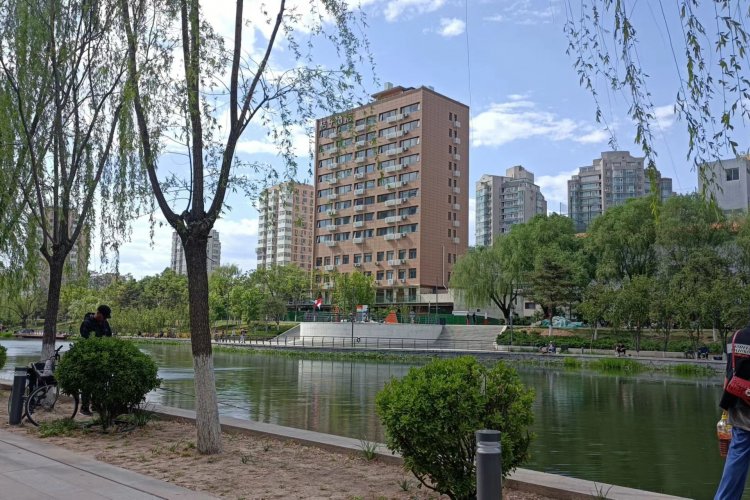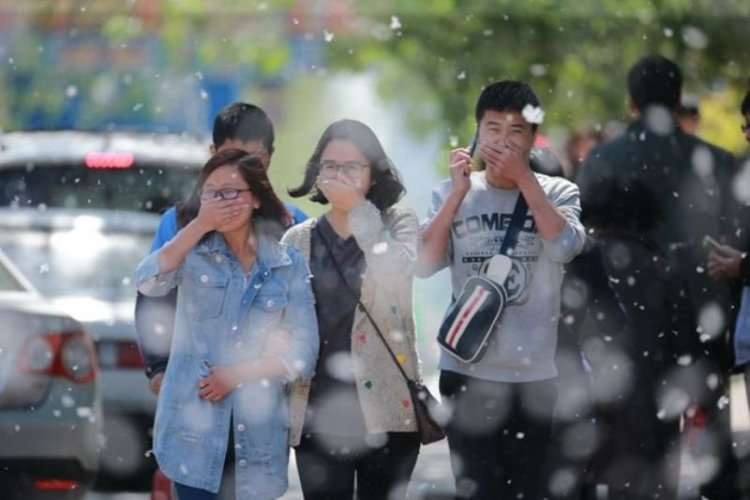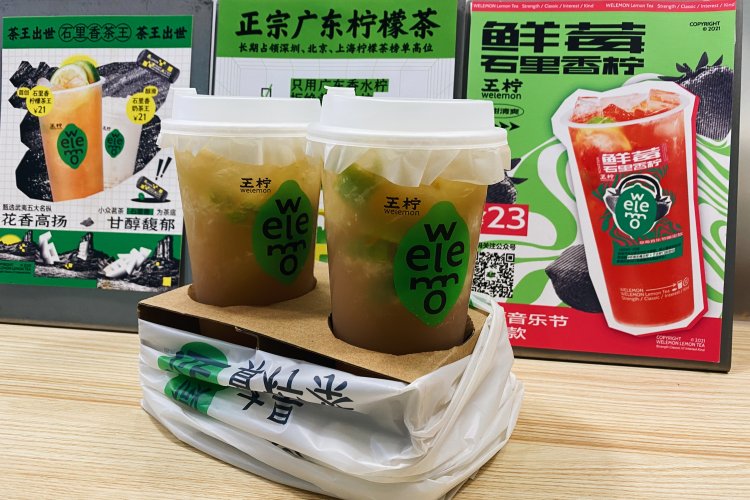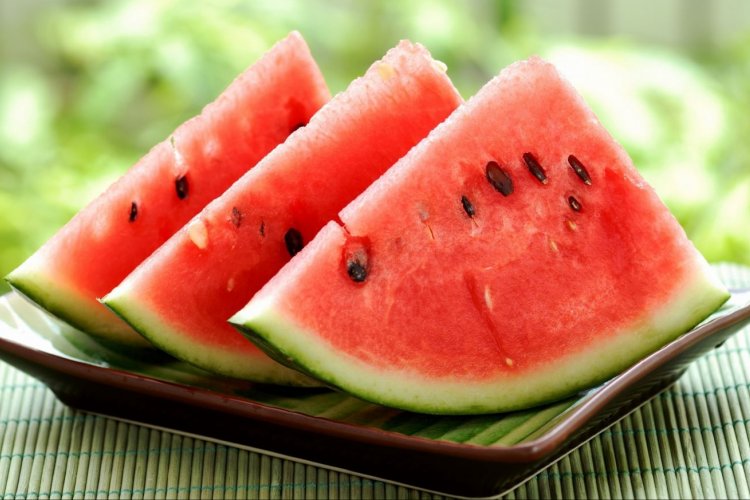The Tea Audit: Is Greenpeace Overreacting?
Lipton, the world’s top-selling brand, was an obvious choice for Greenpeace’s tea audit. All the tested leaves were found to be saturated in pesticide residue at levels exceeding the European Union’s legal limits. The worst samples featured pesticides banned altogether by the EU, including bifenthrin, a possible human carcinogen.
Greenpeace says Lipton’s violations are alarming for a multinational corporation. But in an earlier study, nine other major brands in China were also found to be pesticide-addled. Wang Jing, Greenpeace China’s food and agriculture campaigner, says those results reflect the practices of an industry that is putting billions of tea drinkers at risk. We asked her what should be done to remedy China’s tea dilemma.
What is the risk for consumers? Can one cup be hazardous or is the real danger cumulative?
We found highly toxic pesticides, such as methomyl and omethoate. A low dose of those can still cause damage. Methomyl, after all, is a neurological toxin.
Even the widely used pesticides we found, such as carbendazim and flusilazole, have long-term effects. Exposure to these kinds of pesticides at a low dose may impact fertility, harm unborn children or cause heritable genetic damage.
There are a lot of standards to determine chemicals’ dangerous levels, but none can guarantee safety. One common standard is MRL, or maximum residue levels. MRLs are calculated based on agricultural practices, not by toxicological certainty, so they aren’t a sign of safety. Another index called ADI is calculated by body weight. Neither of these gauges is absolute.
Instead of discussing what levels of residue are harmful, the best way to guarantee the safety of our food and drinks is to reduce pesticide usage in the field.
Critics of your study say that pesticides are common in Chinese products. Is Greenpeace blowing this issue out of proportion?
Pesticides have been found in China’s fruits and vegetables for years. But many consumers will be surprised to find these chemicals in tea because it’s more expensive, and it’s considered a healthy drink. We wanted to put the tea companies under pressure so that they’ll find it necessary to change their practices.
What are the specific flaws in those practices?
Small-scale farmers lacking knowledge are spraying all kinds of harmful chemicals. But these corporate tea sellers don’t invest to help the farmers use less pesticide. On the contrary, they’re using their market power to get cheaper products, dealing with pesticide problems in the worst ways.
In its public statement, Lipton says, “All testing of our products has confirmed full compliance to Chinese regulatory requirements.” Doesn’t that mean they’re meeting the standard?
No. It means the world’s largest tea seller lowered its standard for Chinese consumers. We found that Lipton’s green tea, jasmine tea and Iron Buddha tea contained illegal pesticides. And all the samples exceed the EU’s MRL standards. This shows Lipton is taking advantage of the loose pesticide-control measures in China.
What specific corrective steps should Lipton and the other companies take?
There needs to be more control of the supply chains. They should effectively manage the pesticide usage by creating inventories, training the farmers, regulating what should and shouldn’t be used, and determining the threshold for using pesticides. If they care enough, this can happen soon, which will move China’s agriculture towards more sustainable practices and guaranteeing much safer tea for consumers.
Lipton’s statement also says, “We have invited Greenpeace to discuss the results of tests they have conducted … We always take test results seriously and are committed to the utmost level of consumer protection.” Have you met with them yet?
We shared the testing results with them, informing and communicating the underlying problem. We have yet to discuss how they can make progress, expanding practices in places like Yunnan, which has a sustainable development program. Planning policies and timelines to reduce the pesticide usage have not happened yet. We hope it will happen soon.
Click here to see the June issue of the Beijinger in full.
Photo courtesy of Greenpeace






